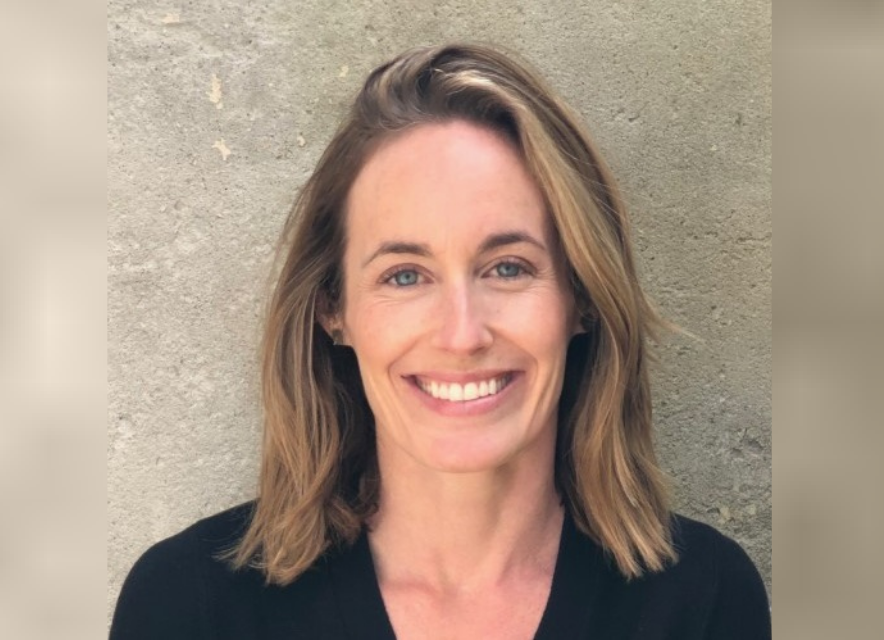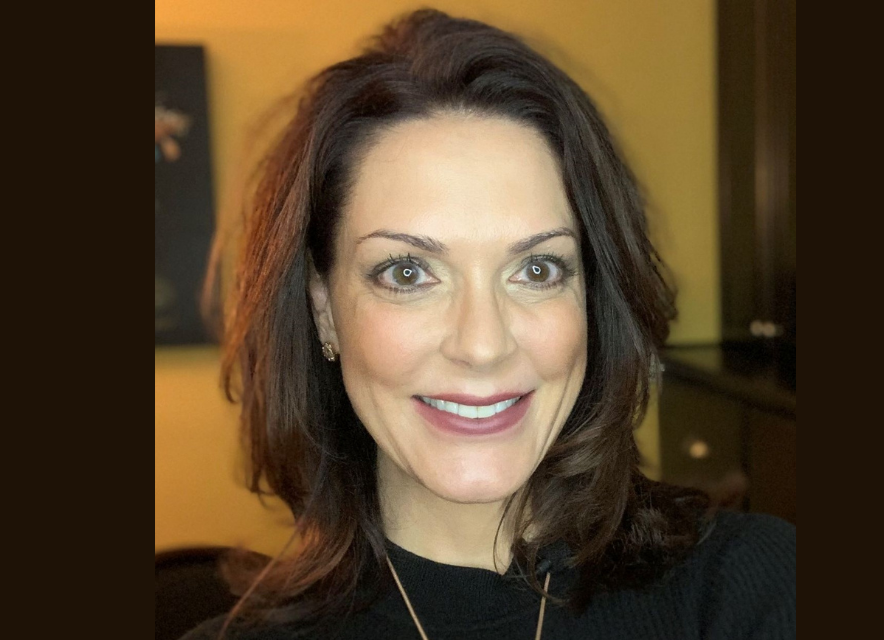Podcast: Play in new window | Download
Subscribe: RSS
Knowledge is power. And the more you know about prospective clients before you meet them, the more likely you can form a connection and win them as clients. Sam Richter is a best-selling author, speaker, and founder and CEO of SBR Worldwide/Know More. As a thought leader on sales intelligence, he helps professionals learn the inside secrets for finding and controlling information, and then leveraging it to build valuable business relationships. Richter describes how to uncover information about the people with whom you’re meeting (or want to meet). And he looks at how to comfortably incorporate that information into the conversation. Sam shows you how to walk into each new encounter informed and prepared to make it a productive conversation for you and the person you are meeting.
Take away quote: “Having a process to learn about your prospects gives you the permission to ask deeper questions.”
Show Timeline:
05:55 How to gain permission to ask challenging questions
09:30 How doing your ‘homework’ ensures what your prospect cares about aligns with the solutions you provide
13:20 Specific language to use when addressing details you’ve uncovered when researching a prospect
19:13 Types of important information to uncover in advance of a meeting
24:23 Examples of values-based questions to incorporate in order to drive referrals
28:24 An overview of the ‘Sales Intel Engine’ to help you find the information you didn’t know existed
32:41 How better intel on your prospects makes you more relevant to your audience
Links:
Website: https://www.samrichter.com/
LinkedIn: https://www.linkedin.com/in/samrichter
Twitter: https://twitter.com/samrichter
Want more?
Stephen Wershing: http://advisorchecklist.com/blog/
Julie Littlechild: http://www.absoluteengagement.com/blog
Episode Transcript:
Read More
Steve Wershing:
Welcome to Becoming Referable. The podcast that shows you how to become the kind of advisor people can’t stop talking about. I’m Steve Wershing. How do you find new clients? And how do you guarantee that your first interaction will be meaningful, help establish a relationship and start you down the path to converting them into a client? Our guests today will describe some of the tools and strategies you can use to, as he says, “Know more.” In fact, he’s kind of the king of know K-N-O-W more selling. Sam Richter is a hall of fame speaker, a top 15 virtual presenter that has become famous for showing people how to learn vital information about prospective clients before you meet them. Enabling you to provide value the moment you get together. We discuss strategies for using the common search engines to turn up things that you may not have realized you can know. But did you know that only five or 10% of the internet is accessible by Google?
We’ll talk about some of the other ways you can do research as well. And what role does research play in your referral strategy? When you get a referral, what preparation do you do before that person comes in? Or do you just wait for them to come and have a conversation at that point? Well, there’s a lot of value that can be had by knowing some things about that person before they show up in your office. And once you know, Sam helps us understand how to comfortably wind that into the conversation you had, increasing trust and confidence and the likelihood that they’ll want to sign on as your client.
We’ll talk about what kinds of searches are helpful and which cross over the line and can jeopardize a budding relationship. And stay through to the end because Sam provides a special offer on an intel engine he designed that leverages the power of multiple search engines. When I first saw Sam speak, I could not write fast enough to keep up with all of the great ideas he had to share. Well, luckily you’ll be able to listen to this podcast episode over and over so you won’t miss any one of them. So let’s get right to our conversation with Sam Richter.
Julie Littlechild:
Sam, I’m so happy to have you back here. Welcome to Becoming Referable.
Sam Richter:
Well, thank you. It was wonderful to get referred back to you again.
Steve Wershing:
Always great to talk with you. I can’t wait for this.
Julie Littlechild:
Yeah. Well, once you’re in you can never leave. It’s Hotel California all over. But look, we really wanted to talk to you because I know you’re continuing to evolve sort of the work that you do. And I was thinking, you’re involved in so many different things, right? Including the work that you do as a speaker, which I know is a big part of your business. But as I looked at all of the work that you’re doing, it seemed to me at least, and correct me if I’m wrong, that really at the core is just this need to learn more about and to understand clients or prospects. Is that a fair characterization of the work that you do?
Sam Richter:
Yeah, and I think we can really sum it up. I don’t know the number, I should probably do a Google search on this or a better an Amazon search, but I think it’s safe to say that there’s been over a million books written about sales and relationships. I think that’s probably a safe number and it’s probably more than that. What’s crazy is, every book I’ve ever read and every video and every course I’ve taken are still based on some of the constructs, if you will, that Dale Carnegie first wrote in 1920 in How to Win Friends and Influence People. And I think it’s one of the greatest sales books of all time in relationships books. And Carnegie has a saying in there and he says, “The sweetest sound in the English language is the sound of someone’s name.”
And I’m going to modify that for today’s world, where theoretically within 20 seconds on a mobile device anybody can access every word ever written in human history. Think about that for a second. So I believe in today’s world, the sweetest sound in the English language is the sound of someone’s name based on what they care about. People are massively passionate about themselves and yet so many people go into a sales call, a prospect meeting, even an existing client meeting, and they only end up talking about themselves.
And you just mentioned I’m a professional speaker, and I’m also a best-selling author, okay. I’m humbly telling you that. Here’s the reason I’m telling you that. The reason is I still get 10 calls or emails a week saying something along the lines of, “Sam is a best-selling author have you ever thought about turning your intellectual property into a speech?” National hall of fame speaker, I know what I’m doing. Or I get the opposite, “As a professional speaker have you ever thought about writing a book?” It’s just like, come on and all you have to do is just knows… People are massively passionate about themselves. So stop talking about yourself and talk about them. And it’s amazing how you can build relationships, which then as you two know, that becomes referrals and referrals to get referrals. It’s not rocket science.
Julie Littlechild:
Yeah. So if you assumed that I think most people would agree when you put it that way. Sam, I think we can agree that it’s a good idea. So is the problem that you see for advisors either that they just keep talking about themselves maybe, or that they just don’t have the information to have a different kind of conversation? Or is it both of those things?
Sam Richter:
I think the answer is both and obviously it’s going to differ for each individual. What we found, especially in the virtual era, when you get together for someone over lunch or over coffee, as a prospect you feel the need to spend an hour with somebody, because they’re buying you coffee, they’re buying lunch. And so you can engage in small talk. But think about in our virtual world today, nobody’s going to do that. They’re going to give you a 15 minutes. And so knowing that as sellers, as advisors, we feel the need to talk about our super duper asset allocation model formula that nobody in the planet knows how to do, but us and we can get you the ETFs and insurance and… Nobody cares. They don’t care about that. But, yet that’s how we focus. Unfortunately.
Some advisors think they’re natural people and they don’t need to do any homework because they’re really good at asking questions. Well, in my opinion if you know a little bit about somebody and that’s the first words out of your mouth. I think you gain the second, most powerful word in sales and that word, the first, most powerful word in sales is obviously it’s two words, it’s I’ll buy. But the second most powerful word in sales is the word permission. And when you know something about somebody, you gain permission to ask those next questions. Let me give you an example. So Julie, we’re meeting over zoom. I’m an advisor I’ve been referred to you.
“Hi, Julie, can you tell me a little bit about yourself and your family?” It’s fine. It’s not a bad question, right? But what if I said something like, “Hey, Julie. Before we dive in, I recently read that article in the local Poughkeepsie Journal about your kids getting the full scholarship to Yale. You must be so proud. Can you tell me a little bit about that?” You see the difference? All of a sudden you’re impressed. You are like, “Wow, guy did their homework.” You open up that. That brick wall that’s always there between buyer and seller starts to melt away. And you gain permission to ask those more challenging questions.
Steve Wershing:
Well, on Sam if I could reinforce that a little bit, even more than that. It’s not just starting the conversation in a way that engages them, but it’s getting the permission as you say to get the conversation in the first place. I’m sure that you like a lot of our listeners are we get voicemails all the time from wholesalers and from other folks saying, “Hey, I’d like to spend a couple minutes getting to know a little bit about your business.” And it’s like, “I don’t have time to tell you about my business.”
Sam Richter:
Exactly.
Steve Wershing:
I’ve got seven to-do lists. But if somebody called and said, “Hey, Steve.” Just like you said, “I just noticed that you accomplished this or that. And I think I have something that will help you.” Okay. Well, at least I’m going to listen to that voicemail.
Sam Richter:
Exactly. So, “Hey, Steve, I just read that article in the business journal, where you were really talking about your expansion into going into qualified plans, especially self-directed options. I threw the paper down on the floor and I knew I immediately had to contact you because I have 30 years of experience helping advisors just like you accomplish that goal.”







Leave A Comment